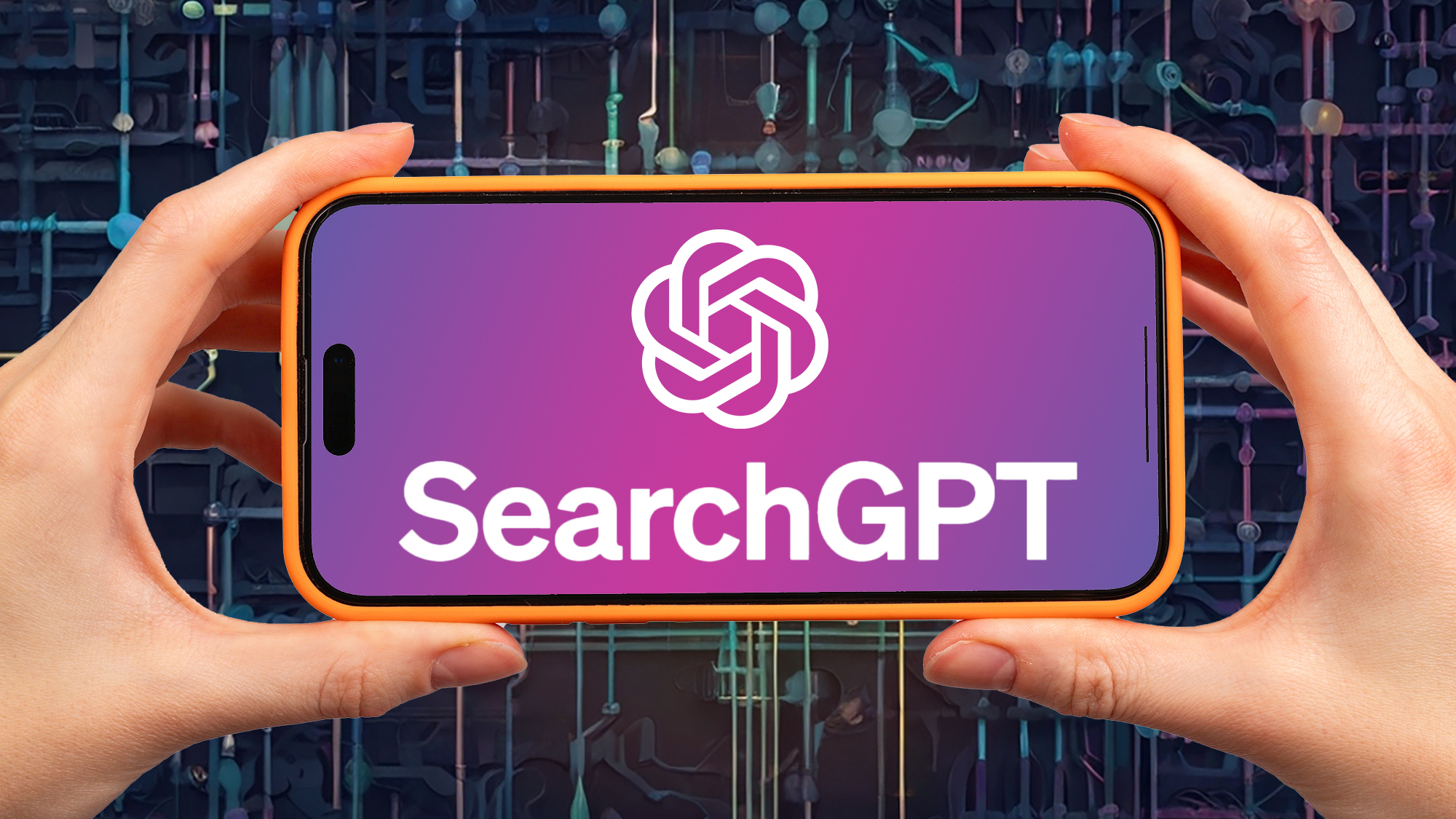5 AI search alternatives to try while waiting for SearchGPT
Join SearchGPT's waitlist but practice your AI search skills using these chatbots while you wait

How we search the internet is about to undergo big change as OpenAI announced it set its sights on adding search engine capabilities to ChatGPT.
We can expect some teething problems, but in general, get ready for a more conversational experience that gives you actual answers to questions rather than a list of links that may (or may not) contain the information you’re looking for.
This approach eliminates endless tabs as you keep track of search results and offers users an easier time asking follow-up questions than is possible in traditional search.
The value of AI in search
We’re testing SearchGPT, a temporary prototype of new AI search features that give you fast and timely answers with clear and relevant sources. We’re launching with a small group of users for feedback and plan to integrate the experience into ChatGPT. https://t.co/dRRnxXVlGh pic.twitter.com/iQpADXmllHJuly 25, 2024
Behind the scenes, it’s going to be interesting to see how websites that focus heavily on search engine optimization (SEO) will adapt to this new era of search.
Chatbots will still need to have something to search for and will still need information to be collected to be able to answer your questions. This means things aren’t likely to change drastically from one day to the next but definitely get ready to watch different websites adapt to this new reality.
While you wait for your turn to access SearchGPT (you can join the waiting list here), these are some alternatives you can use.
1. Perplexity
Prior to OpenAI’s announcement that its focusing on search, Perplexity was arguably the chatbot that’s most associated with web searching abilities.
Get instant access to breaking news, the hottest reviews, great deals and helpful tips.
It uses elements of both Google and ChatGPT to deliver answers to your questions while providing links to sources you can refer to if you need to dig deeper.
2. Gemini
If you prefer sticking to the tried and tested hands of the experts in search, Google’s Gemini sounds like a safe bet. Recently updated with new policy guidelines after a couple of AI-search mishaps (yes I’m referring to the adding glue to pizza case) Gemini can leverage its search extension to give you the best results.
Still want to double-check your answer? You can do so with a single click that double-checks the output against Google Search results.
3. Copilot
Formerly called Bing Chat, Microsoft’s Copilot lets you search the web as if you’re having a casual conversation with a friend. It’s also designed to answer multi-part questions. For instance, if you wanted to know where the Olympics are being held this year (Paris) and when the 100m final is (this Sunday), you previously had to ask Bing two separate questions. With Copilot, you can combine both questions into one and you’ll still get a reply.
Given its partnership with Microsoft, OpenAI is also likely to utilize elements of Bing's underlying technology in SearchGPT, so similar results are possible.
4. ChatGPT
Just because you don’t have access to SearchGPT (which is set to be a temporary tool) yet, that doesn’t mean you can’t use ChatGPT in its current form as a search engine. While ChatGPT says its training data is current up to October 2023, it can use its browsing tool to fetch and verify more recent information.
5. You.com
A somewhat lesser-known alternative to the choices above, you.com launched in 2022 as a search engine promising better privacy that also summarizes the web. It has now evolved and feels like a cross between ChatGPT and Gemini.
While not as high-profile as those chatbots, you.com can hold its own and handle most internet searches well.
More from Tom's Guide
- Which AI chatbot is best at search — I compared ChatGPT, Gemini and Perplexity
- ChatGPT wants to become a search engine — here’s what this means
- OpenAI launches SearchGPT in direct threat to Google — what you need to know

Christoph Schwaiger is a journalist who mainly covers technology, science, and current affairs. His stories have appeared in Tom's Guide, New Scientist, Live Science, and other established publications. Always up for joining a good discussion, Christoph enjoys speaking at events or to other journalists and has appeared on LBC and Times Radio among other outlets. He believes in giving back to the community and has served on different consultative councils. He was also a National President for Junior Chamber International (JCI), a global organization founded in the USA. You can follow him on Twitter @cschwaigermt.
 Club Benefits
Club Benefits















